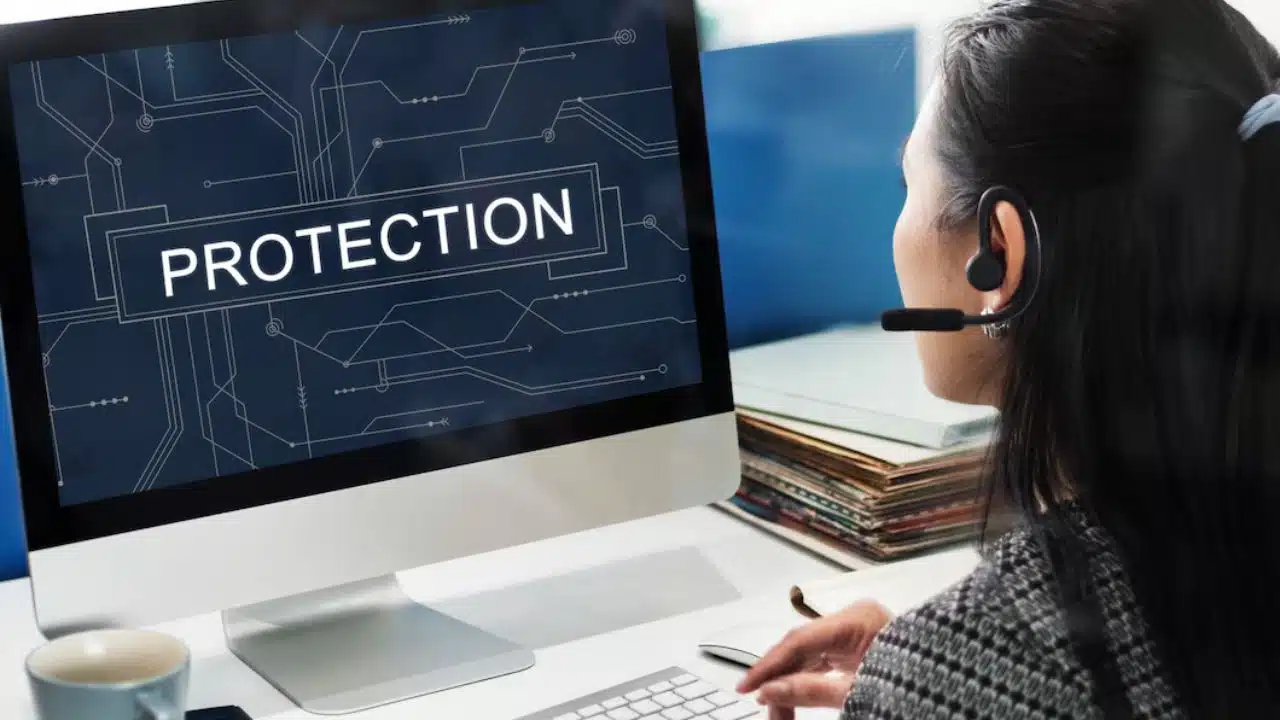Considering the present times when cyber threats are springing all over the place, protecting your personal information online was never so critical. The frequency and sophistication of cyberattacks and data breaches keep increasing, which means individuals can no longer depend solely on password protection to keep their information secure. This article looks into ways you could securely enhance your online privacy, from the basic levels, you should not reuse passwords to using two-factor authentication and securing public Wi-Fi connections.
The Importance of Unique Passwords Across Accounts
Arguably, the one simple but most important thing you could do is avoid reusing passwords across websites and accounts. According to Verizon’s 2023 Data Breach Investigations Report, more than 80% of security breaches related to hacking are because of weak or reused passwords. If the bad guy has compromised one account, they go ahead and utilize the same credentials, compromising other accounts as well. Creating a different password on each platform blocks hackers from using such vulnerability to their advantage.
Password managers are a key factor in generating and storing complicated passwords. Moreover, these services also encrypt your credentials and allow you to manage different passwords for each account much easier. Services like LastPass, Bitwarden and 1Password are highly recommended due to their security features and ease of use.
Enable Two-Factor Authentication for Additional Protection
Two-factor authentication, in general, is security that confirms your identity with a couple of methods instead of purely depending on a password. That is a very critical step; a recent Microsoft study presents evidence that 2FA blocks 99.9% of account hacks that involve stolen passwords. Popular forms of 2FA include SMS codes, authenticator apps like Google Authenticator and hardware tokens. For instance, when a person accesses your account from a strange place or device, he shall be asked to key in a code that has already been sent to your mobile device or email. Even with your password, a hacker will not prevail in accessing your account without this second form of verification. Most major platforms, from social media to banking and email services, allow the use of 2FA.
Be sure to enable it for your most sensitive accounts.
Be Cautious When Using Public Wi-Fi
Public Wi-Fi can be convenient, but it is rarely secure; thus, using it poses a certain risk. According to a report by the Identity Theft Resource Center, 40% of Americans connect to unsecured public Wi-Fi, raising manifold the chances of data interception. A hacker can then use side attacks, commonly “man-in-the-middle” attacks, to hijack data between you and the network and steal personal details or login credentials.
Using a VPN will help secure your connection through encryption of your internet traffic and it would be much harder for someone to intercept your data. Most of the popular services, like NordVPN, ExpressVPN and CyberGhost, boast a strong set of security features that aim to protect users from public Wi-Fi. Alternatively, consider avoiding public Wi-Fi altogether when dealing with sensitive activities, including online banking or logging into personal accounts.
Regularly Update Your Software and Devices
Other ways of trying to ward off cyberattacks include keeping your software and devices updated. Usually, with updates come security patches that address vulnerabilities hackers use for an attack. According to cybersecurity firm Fortinet, 34% of cyberattacks in 2022 were attributed to unpatched software.
One of the easiest ways to ensure protection is always on is to enable automatic updates. Most operating systems, from Windows to macOS and even mobile platforms such as iOS and Android, can do this. Update your browser and extensions-that’s where cybercriminals often attack an out-of-date browser vulnerability.
Limit the Information You Share Online
Believe it or not, over-sharing personal information on social media makes you a target. According to cybersecurity firm Norton, 56% of users of social media report posting some degree of private information online, which could make it easier for hackers to collect information for identity theft or a phishing scam. It’s the details of your birthday, where you are, or even the names that your family members go by that put your data in jeopardy.
Set to private all your social media and allow it to be viewed by your friends only. Abstain from posting sensitive information to the world; do not share items that can inadvertently compromise security. Limiting the amount of information you post on public profiles can also mostly protect your data from the attacks of social engineering.
Recognize and Avoid Phishing Scams
It is one of the most common and dangerous methods of cyberattacks. In a report released by the FBI, phishing scams cost Americans more than $10.3 billion in 2022, making it one of the costliest cybercrimes in the country. This form of phishing usually comes through email, where cybercriminals impersonate an organization to trick people into giving out sensitive information. In order not to fall into any phishing scam, never click any sort of suspicious links or open attachments that come from an unknown sender. Also, be suspicious of emails urging you to be in a very urgent situation wherein your account has been compromised. No serious organization will ever ask for data via email. DO send your questions directly by calling the organization through their website or customer service if in doubt about the legitimacy of such a message.
Conclusion: Adopt Strong Privacy Practices for a Safer Online Experience
More importantly, in the digital era, precautions just don’t tend to be enough for online data security. Using strong, unique passwords, enabling two-factor authentication, making public Wi-Fi off-limits for sensitive activities and being phishing-aware can go a long way toward reducing a consumer’s cyber vulnerability. Precautions that contribute to protecting online security include regularly updating software and keeping up regular information on the status of privacy settings.




































